Always at the height of the war picture
Today, as a hundred years ago, it is crucial that the naval armament is appropriate to the threat. But this is precisely what the German navy lacked. "If you want peace, arm for war". When, if ever, in 175 years of naval history was the fleet equipped to meet the threat, and are we today? The image of war is the basic idea of the nature of a possible future war, its manifestations, means, intensity and the effects on military warfare. It is the backdrop for a general strategy with strategic objectives and the resulting consequences for the orientation of military means at operational and tactical level. If naval warfare assets effectively support an overall strategy, the fleet is positioned in line with the threat....
Weiterlesen

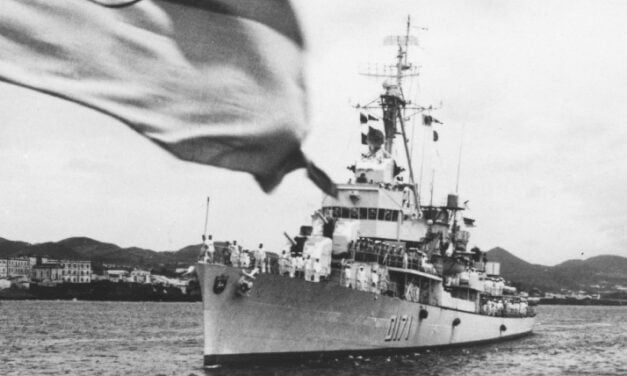
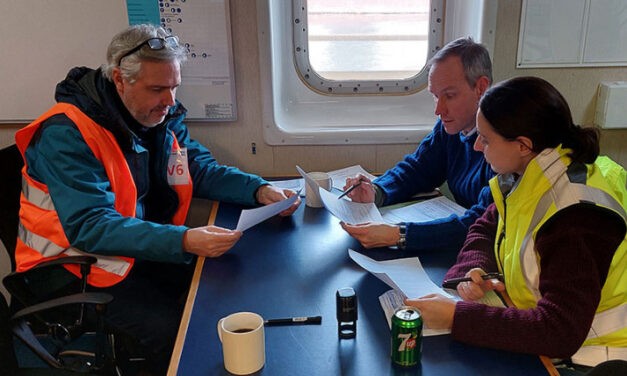
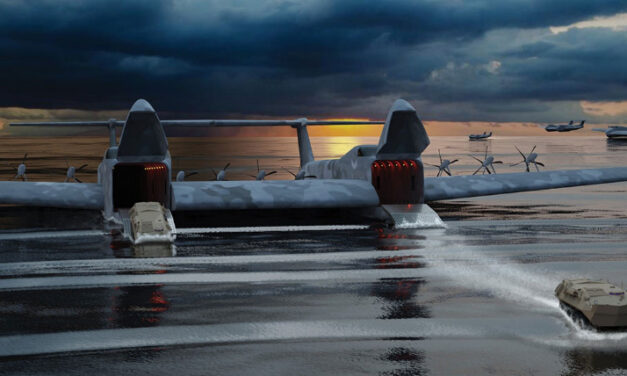
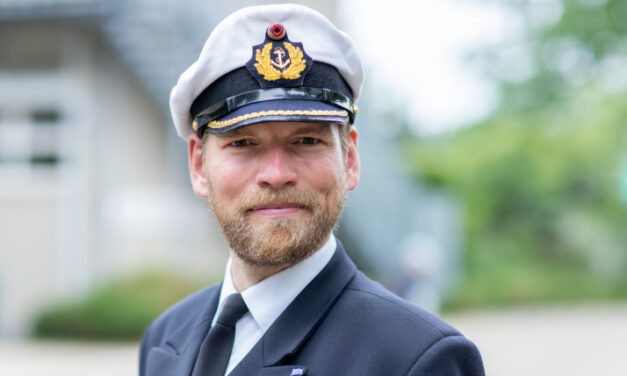
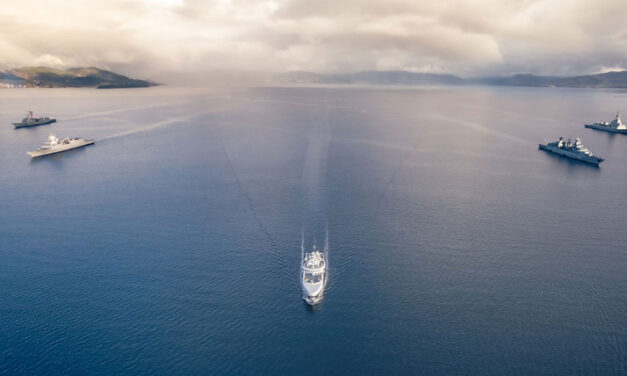
Latest comments